SCIENCE
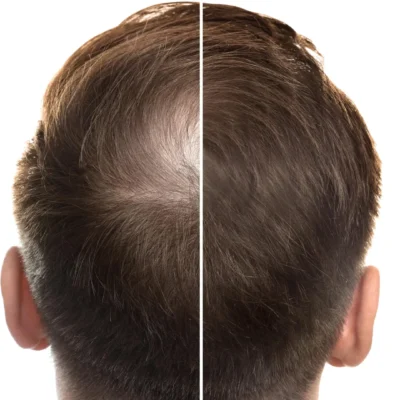
Ancient Chinese medicine may hold the key to hair regrowth
- By Neclink.com
- . February 9, 2026
Androgenetic alopecia (AGA) is the most widespread form of hair loss, affecting millions of people around the world. Medications such as finasteride and minoxidil are
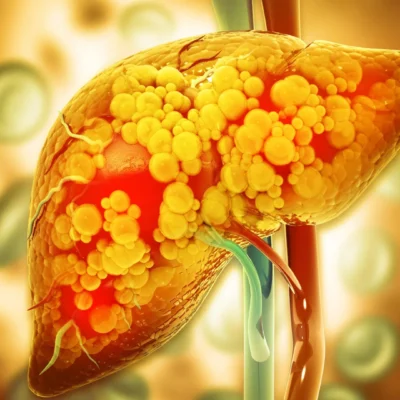
Scientists found a gut compound that helps protect the liver
- By Neclink.com
- . February 8, 2026
Children whose mothers eat a diet high in fat and sugar during pregnancy and breastfeeding face a greater chance of developing fatty liver disease later

Scientists found a hidden fat switch and turned it off
- By Neclink.com
- . February 7, 2026
Scientists at Cleveland-based institutions have uncovered a surprising new switch that helps the body make fat — and turning it off had dramatic effects. Obesity

An invisible chemical rain is falling across the planet
- By Neclink.com
- . February 6, 2026
Chemicals introduced to shield the ozone layer are now tied to an unexpected environmental consequence. A new study shows that these substances have helped spread

The overlooked nutrition risk of Ozempic and Wegovy
- By Neclink.com
- . February 5, 2026
Experts from UCL and the University of Cambridge warn that many people prescribed newer weight loss medications may not be receiving enough nutrition guidance to

Sound machines might be making your sleep worse
- By Neclink.com
- . February 4, 2026
Pink noise is commonly used to help people fall asleep, but new research suggests it may interfere with the most restorative stages of sleep. A
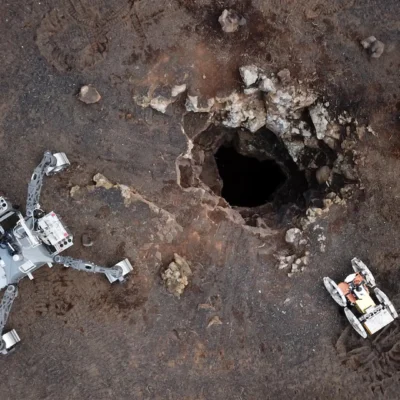
Robots descend into lava tubes to prepare for future Moon bases
- By Neclink.com
- . February 2, 2026
Lava tunnels on nearby planetary bodies are increasingly seen as strong candidates for future base camps. These underground structures can naturally shield astronauts from harmful
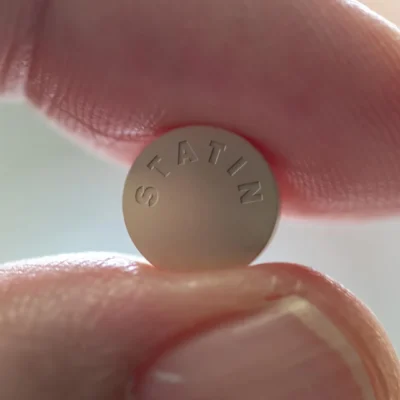
Scientists finally explain statin muscle pain
- By Neclink.com
- . February 1, 2026
Statins have dramatically improved cardiovascular health by lowering cholesterol and cutting the risk of heart attacks and strokes for millions of people. Despite these benefits,
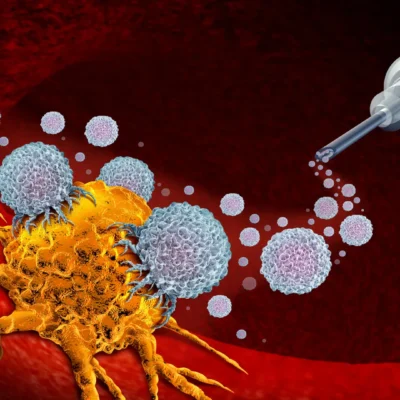
A 20-year-old cancer vaccine may hold the key to long-term survival
- By Neclink.com
- . January 30, 2026
More than two decades ago, a small group of women with advanced breast cancer took part in a clinical trial that tested an experimental vaccine.

Low-Earth orbit is just 2.8 days from disaster
- By Neclink.com
- . January 29, 2026
The phrase “House of Cards” is often linked today with a popular Netflix political series, but its original meaning describes something far more literal: a
